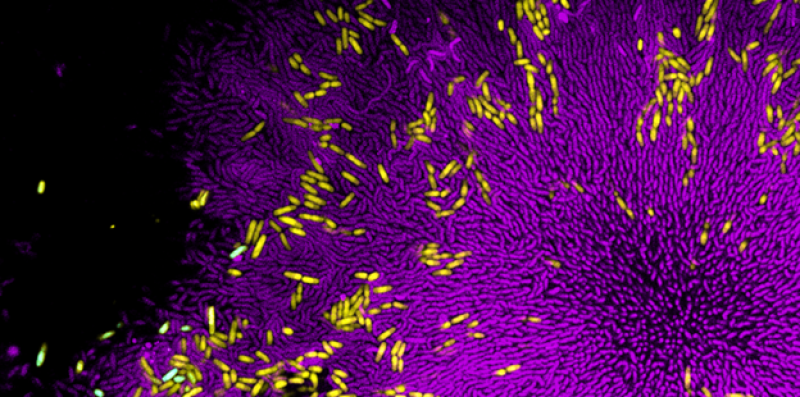NSF and The Paul G. Allen Frontiers Group partner on the science of microorganisms
The U.S. National Science Foundation (NSF) Directorate for Biological Sciences (BIO) and the Allen Institute have signed a Memorandum of Understanding to investigate areas of shared priority in research on microorganisms.
Microorganisms are the most abundant organisms on Earth, with an estimated one trillion species, 99.99% of which have yet to be discovered, and investigation of them will add to the understanding of living systems and might help drive new biotechnologies, respond to climate change, enhance food security. The two organizations will work to identify areas within this broad topic where they seek to invest and determine if there are overlaps where they can partner on funding efforts.
NSF has long supported research and education focused on microorganisms across numerous ongoing programs for investigator-initiated research and in special focused efforts from Microbial Observatories to two calls for proposals under the Understanding the Rules of Life Big Idea. The agency has funded efforts examining and seeking to understand how microorganisms function and interact with their environments at all scales of biological organization — from cells to ecosystems.
The Paul G. Allen Frontiers Group, a division of the Allen Institute, is dedicated to exploring the landscape of bioscience to identify and foster ideas that will change the world. The Frontiers Group recommends funding to the Paul G. Allen Family Foundation, which then invests through award mechanisms to accelerate our understanding of biology, including Allen Discovery Centers at partner institutions for leadership-driven, compass-guided research and Allen Distinguished Investigators for frontier explorations with exceptional creativity and potential impact. The Paul G. Allen Frontiers Group was founded in 2016 by the late philanthropist and visionary Paul G. Allen.



